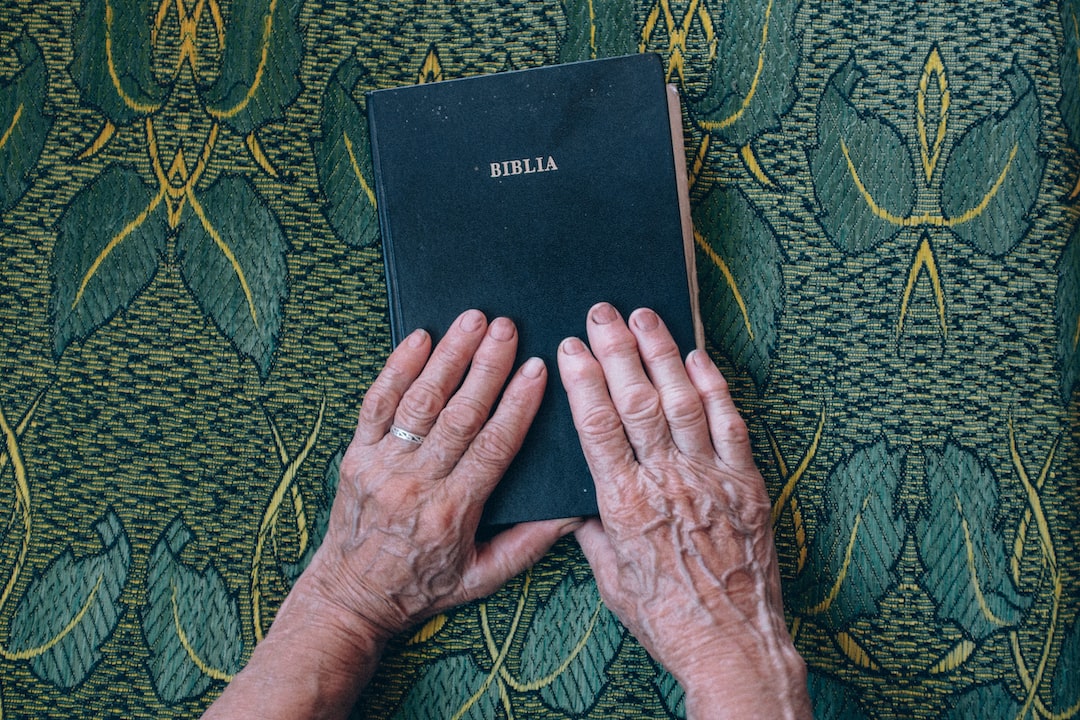Religion and education have long been intertwined, with both playing significant roles in shaping individuals and societies. While religion focuses on matters of faith, belief, and moral values, education emphasizes the acquisition of knowledge, critical thinking, and intellectual growth. Striking a balance between religious beliefs and a well-rounded education is crucial in fostering a harmonious and diverse society.
Historically, religion has been at the forefront of education, with religious institutions being the primary source of knowledge. Monasteries and religious schools were the early centers of education, providing instruction in various disciplines. However, as society progressed and the sciences flourished, education expanded beyond the boundaries of religious institutions, giving rise to secular education systems.
In modern times, education has become more secular, aiming to provide a comprehensive, unbiased understanding of the world. While this serves the purpose of nurturing critical thinking and scientific inquiry, it has created a gap between religious beliefs and mainstream educational curricula. This gap can result in a conflict between faith and knowledge, as individuals struggle to reconcile their religious convictions with the pursuit of scientific knowledge.
For many people, religion plays a fundamental role in their lives, guiding their moral compass and providing a sense of purpose and belonging. It offers answers to existential questions and provides comfort during times of hardship. However, in an increasingly interconnected and diverse world, it is important not to let religious beliefs become barriers to the acquisition of knowledge or the acceptance of differing viewpoints.
A well-rounded education should acknowledge and respect the religious beliefs and values of its students. It should create an inclusive environment where students feel comfortable expressing their faith while also encouraging open-mindedness and critical thinking. This can be achieved through the incorporation of religious studies into the curriculum, allowing students to explore different belief systems and understand the historical, cultural, and philosophical aspects of religions.
Furthermore, teachers should strive to create an atmosphere of open dialogue and respectful discussion, where students can freely express their thoughts and beliefs without fear of judgment or persecution. By fostering a climate of mutual understanding and empathy, students can learn from one another’s diverse perspectives and develop a deeper understanding of the complex relationship between religion and education.
While science and religion are often seen as diametrically opposed, it is important to recognize that they can coexist harmoniously. Science seeks to explain the natural world through empirical evidence and experimentation, while religion addresses questions of ultimate meaning and purpose. Both have different methodologies and scopes, and therefore, can complement rather than contradict each other.
Religious education should not be limited to one particular faith but should encompass a variety of religious traditions, enabling students to develop a broader perspective and cultivate religious tolerance. By learning about different religions, students can appreciate the diversity of human beliefs and values, fostering empathy and respect for others.
Ultimately, balancing faith and knowledge requires a nuanced understanding of both religion and education. It requires acknowledging the importance of religious beliefs while also recognizing the value of a well-rounded, evidence-based education. It places an emphasis on critical thinking, empathy, and open-mindedness, allowing individuals to navigate the complexities of the modern world with wisdom and understanding. In this delicate balance, both faith and knowledge can thrive, contributing to the growth and development of individuals and society as a whole.

